My visit to Wimpole Estate at the end of September was my first ever visit. Although I had not visited during the pandemic years, I am calling this a "lockdown edition" because the pandemic has affected the visit due to the lack of volunteers, which has been a real problem for a lot of National Trust places. As a result, the houses are either not open or have rooms and floors shut due to the lack of volunteers. In this case, I was able to visit the ground floor, but the upper floors were closed. Weekends are tricky because of a lack of volunteers. Despite that, I had a pleasant visit and will return.
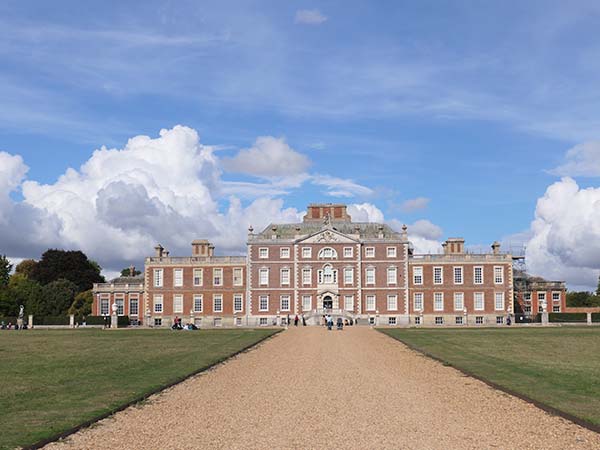
Wimpole Estate is located in Cambridgeshire and is comprised of Wimpole Hall (mansion), over 3,000 acres of park and farm land, and a working farm. It is one of the most popular National Trust properties to visit, and it was mentioned in the Domesday Book (1086) and listed as a moated manor house.
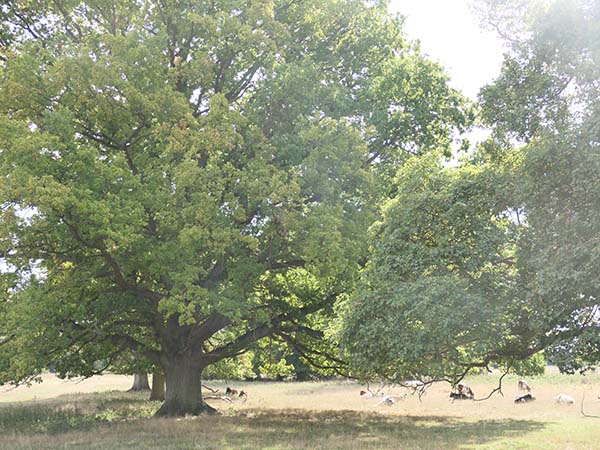
The estate was owned by the Archbishop of Canterbury in 1428, but it was the Chickeley family who built the current house in 1650. In 1843, Queen Victoria and Prince Albert visited the estate. The estate was then purchased by a daughter of Rudyard Kipling, and the royalties of his books helped to refurbish the house and grounds.

After arriving at Wimpole, we had a quick lunch. As the weather was sunny and warm, the property was very busy during our visit, so we did have to wait some time in the lunch queue. We saw a Spitfire flying around while we were visiting.
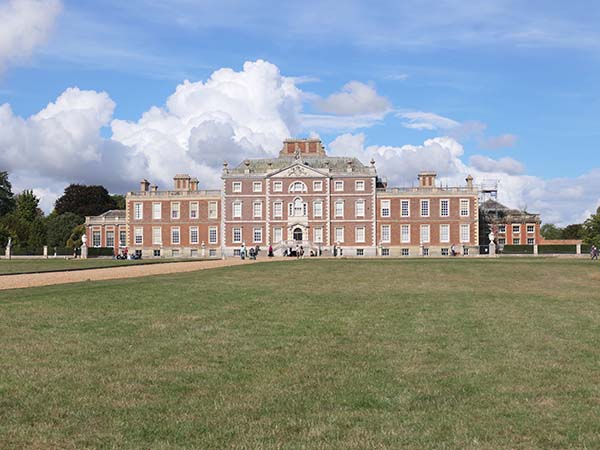
After lunch, the first stop was to Wimpole Hall. We were able to see several rooms on the ground floor and were told that the upper floors are open on Wednesdays because there are enough volunteers on those days.
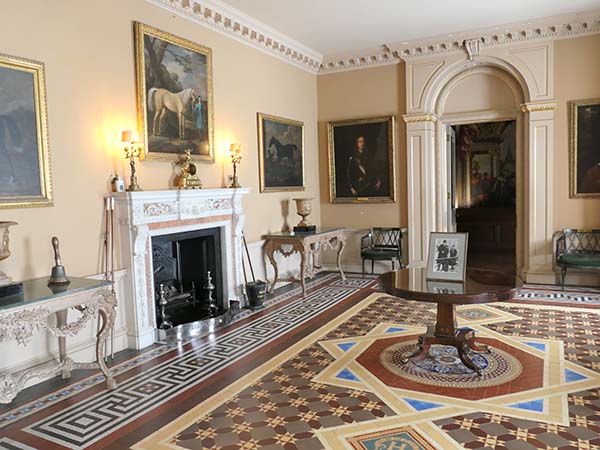
Entrance hall
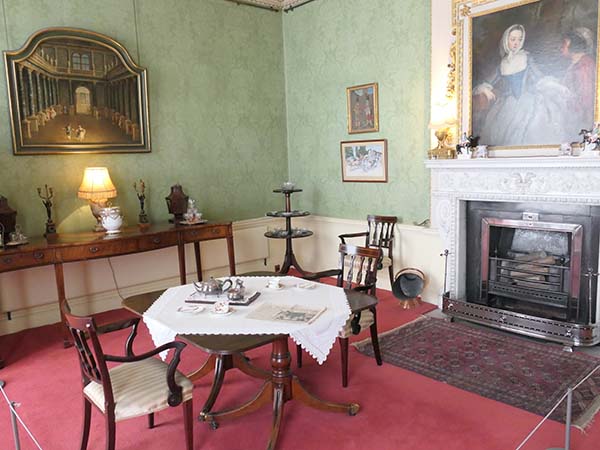
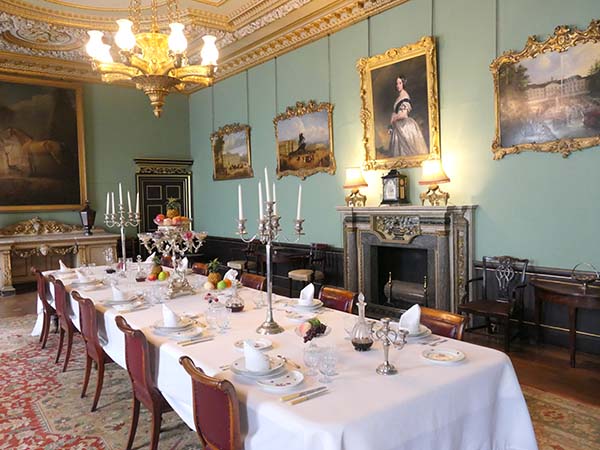
Dining room
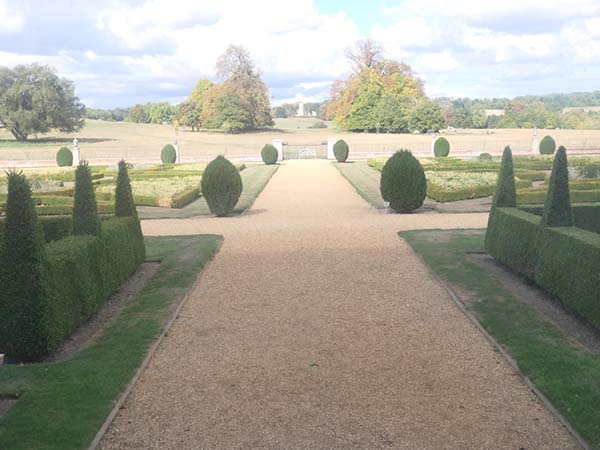
View from house

Beautiful high-ceiling parlour
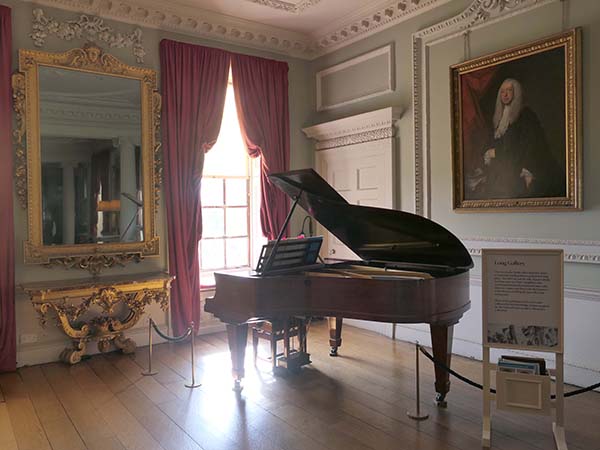
Music room
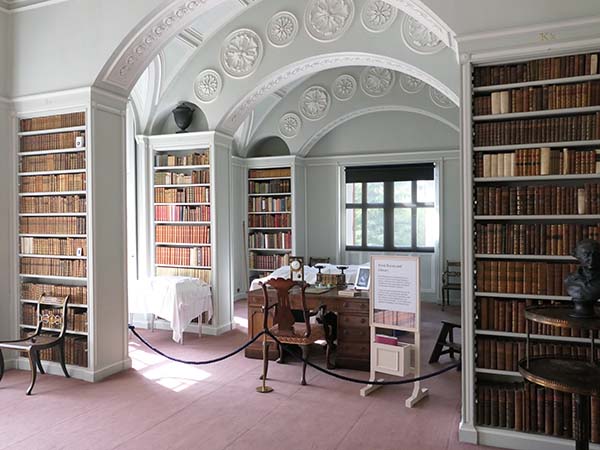
library
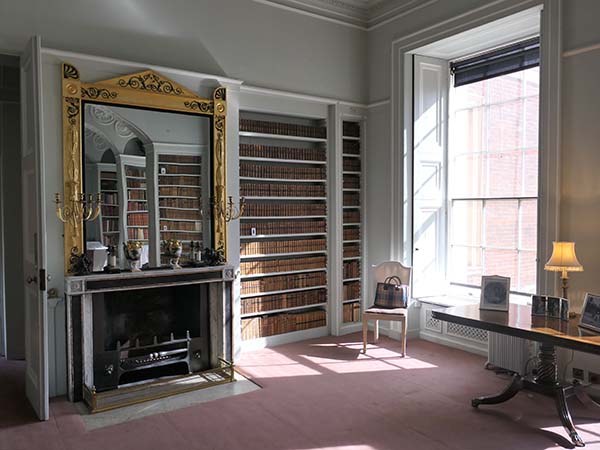
library

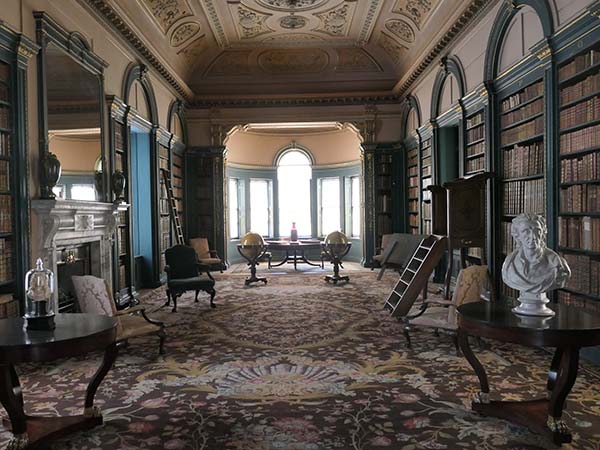
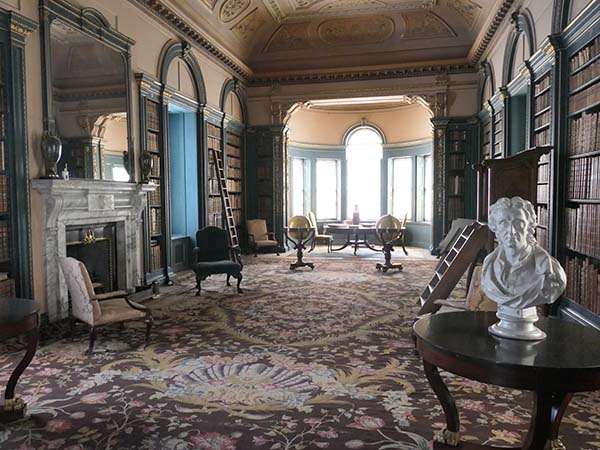
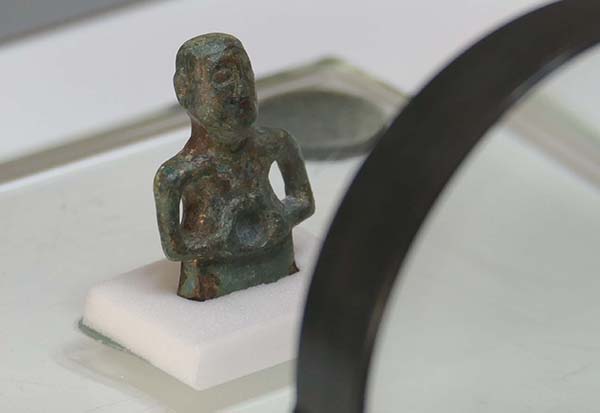
A Roman figurine
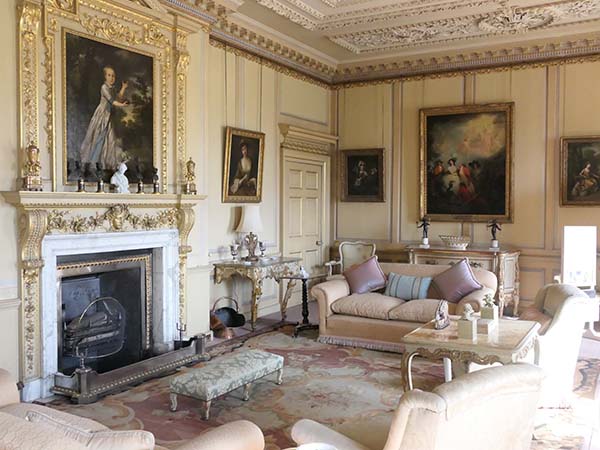
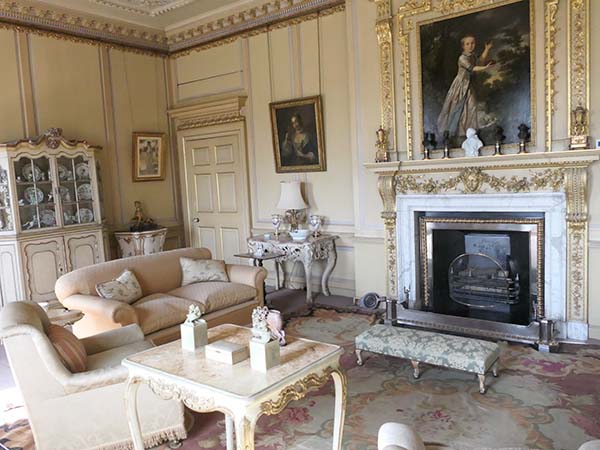
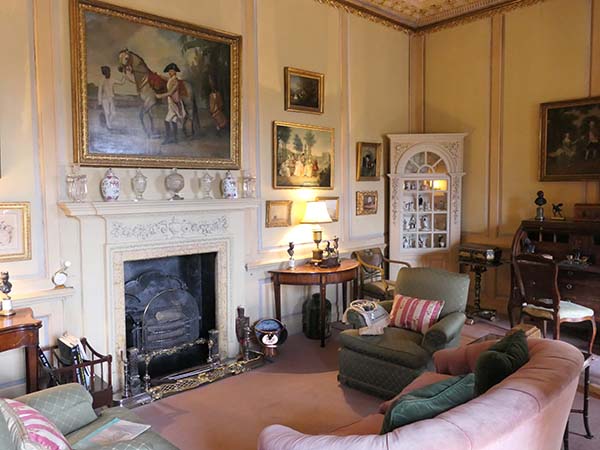
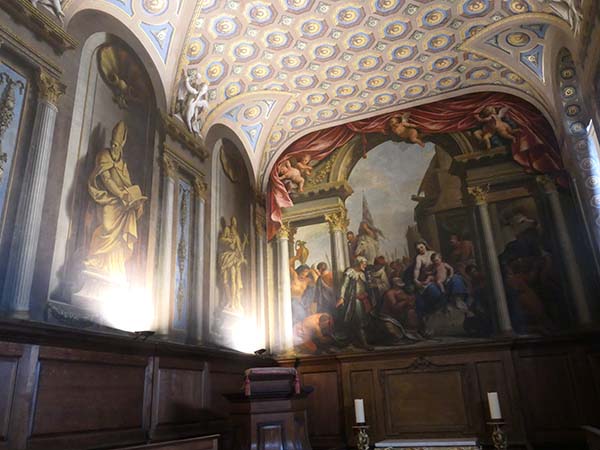
Chapel
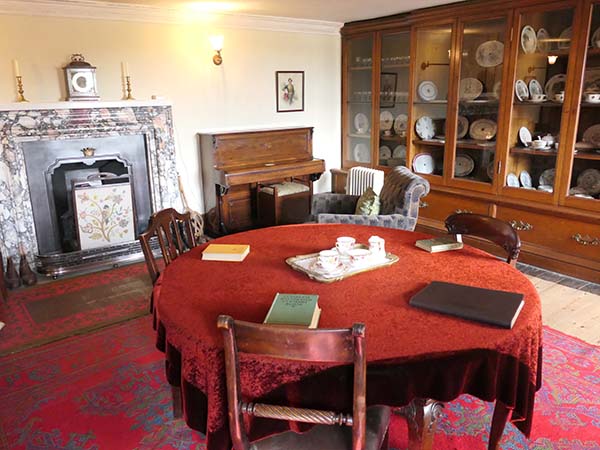
Housekeeper's room
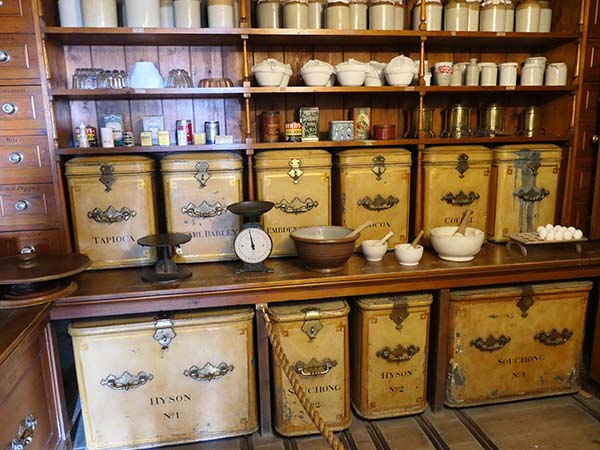
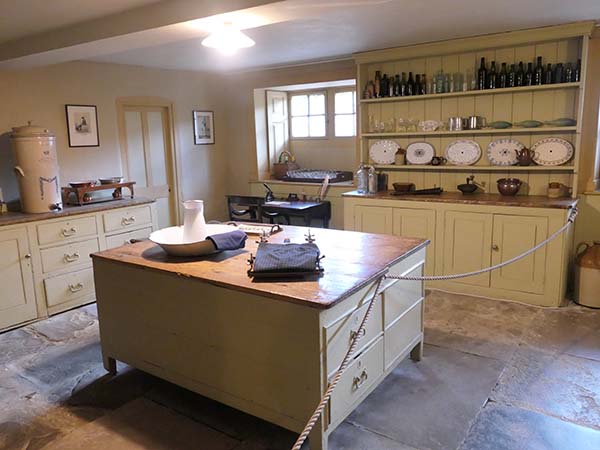
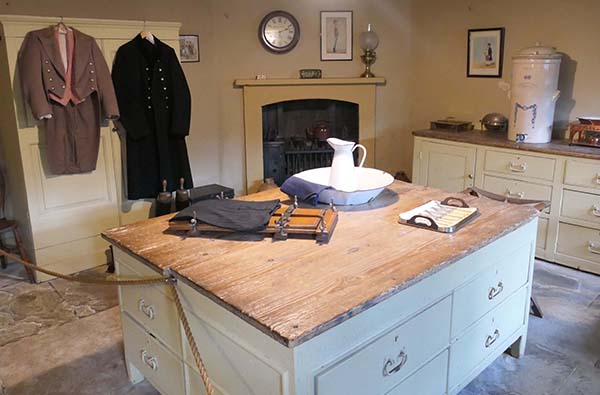
Butler's room
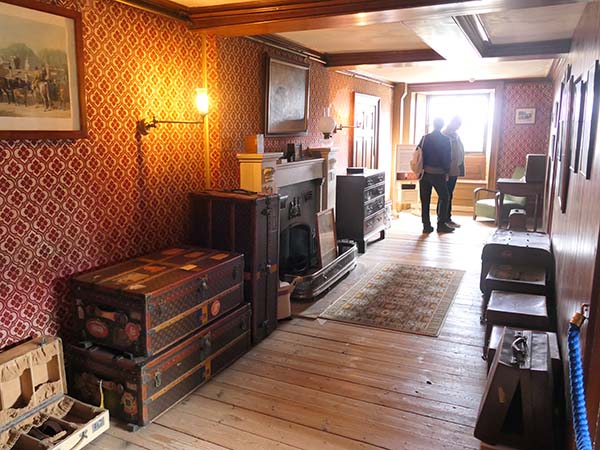
servant's hall
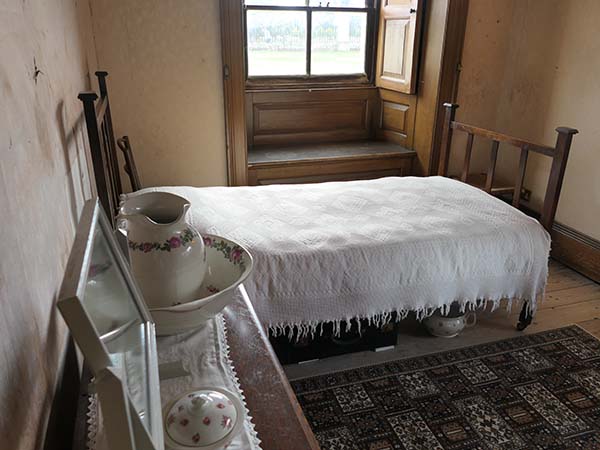
servant's room
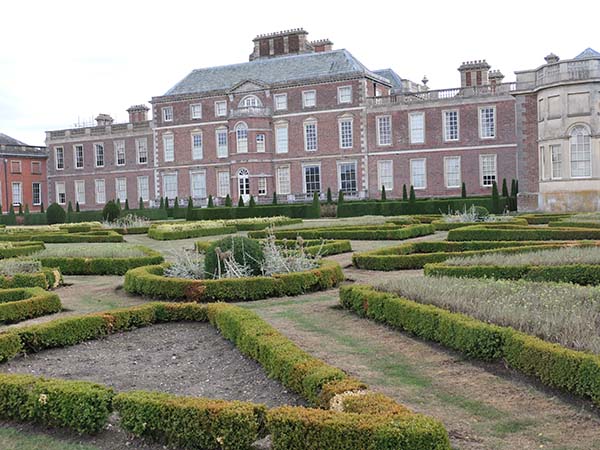
After visiting the house, I wanted to visit the folly (castle ruins), which you can see from the house. After walking around to try to find the entrance, we failed and headed back. The parkland and folly, as it turns out, can only be entered from the area to the front of the house, from the side before. After all of the walking on the large estate, we decided to give it a miss and visit it next time.
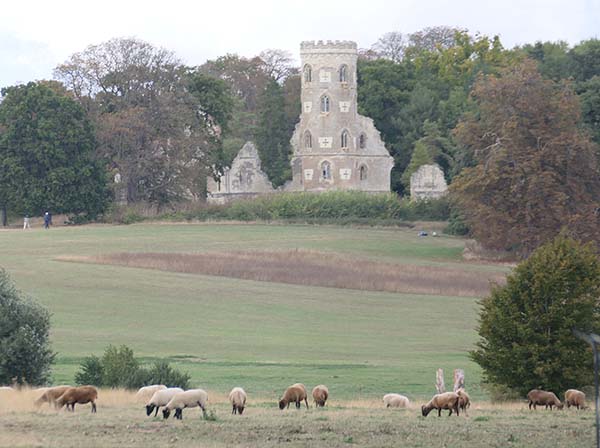
We ended up visiting the walled gardens.
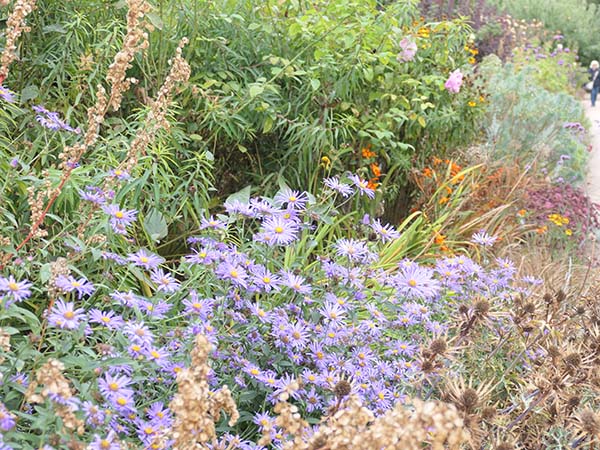


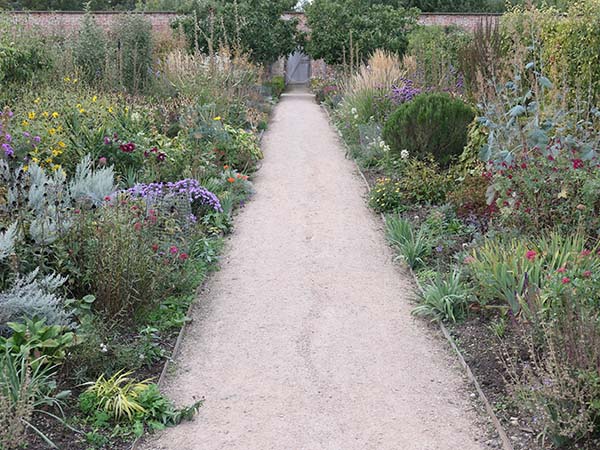


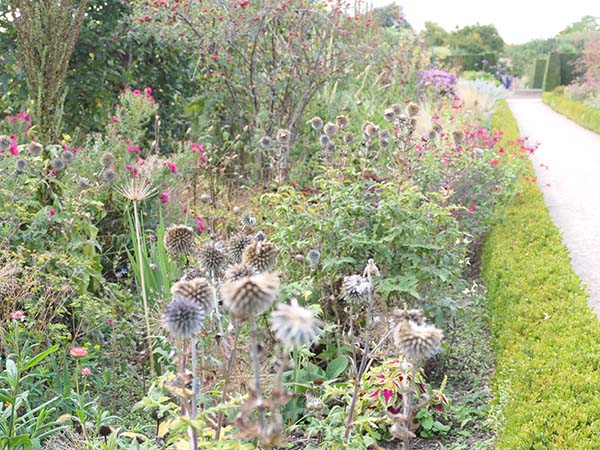
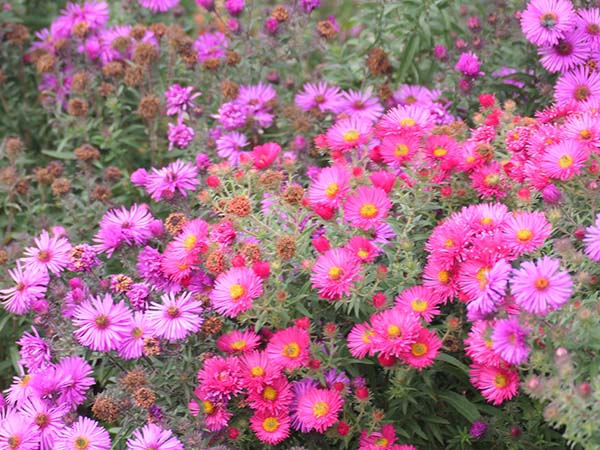
Pumpkins and squash were growing. The autumnal flowers were out, and the summer flowers were mainly over.
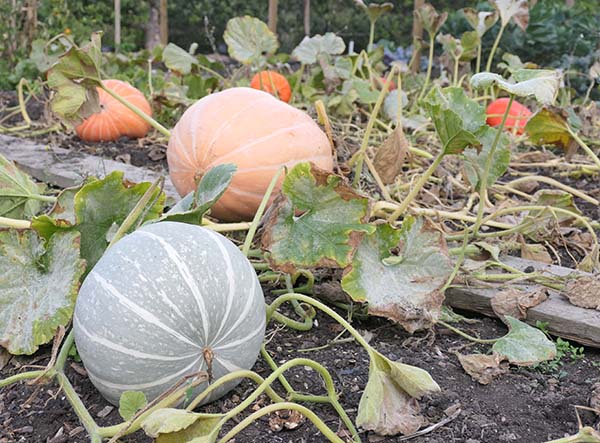

After visiting the walled garden, we headed toward the working farm. This is where most people (mainly children and families) were hanging around. There were a lot of different animals to see: chickens, horses, goats, pigs, cattle, and more.
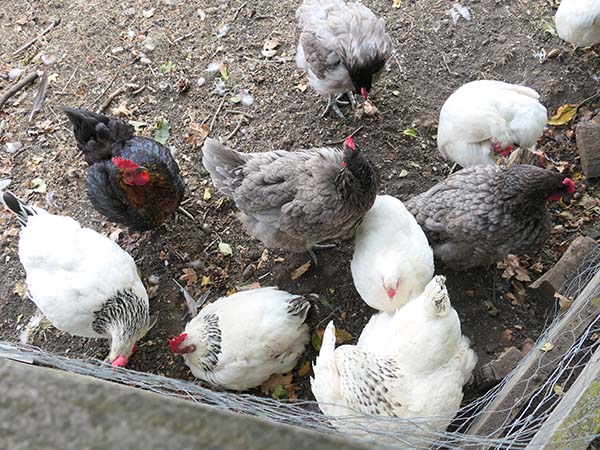
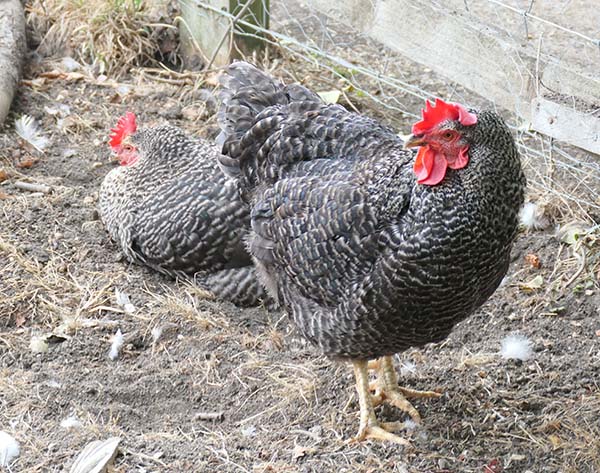
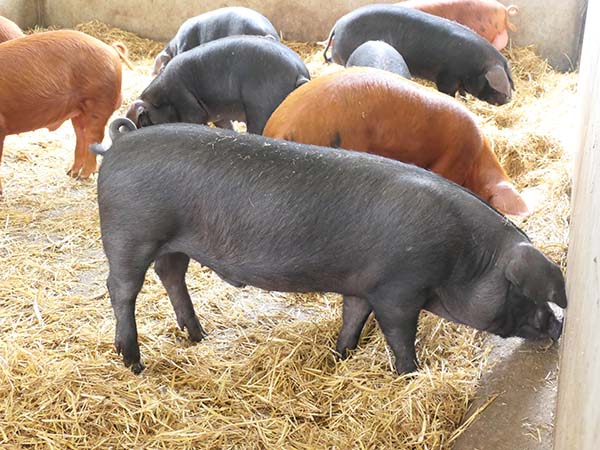
The pigs came over to say "hello", and I named them "Bacon" and "Pork Chop".
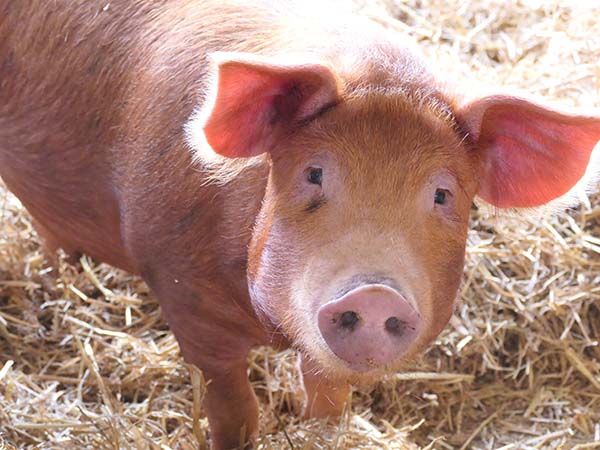
The little spotted piglets were two months old.
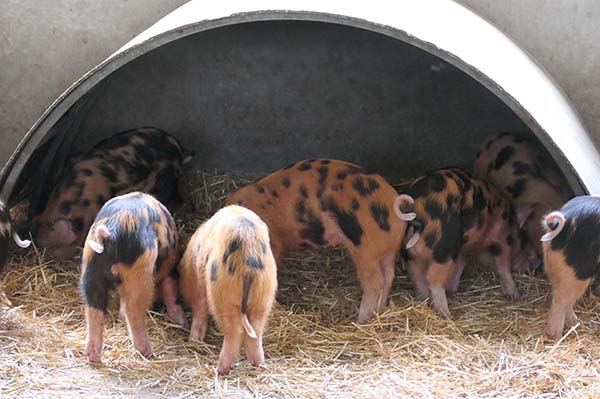
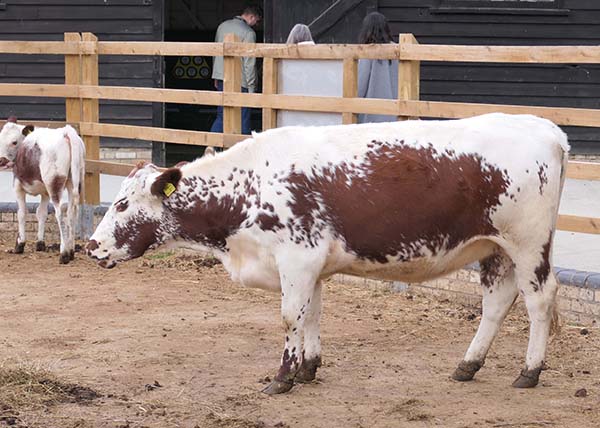
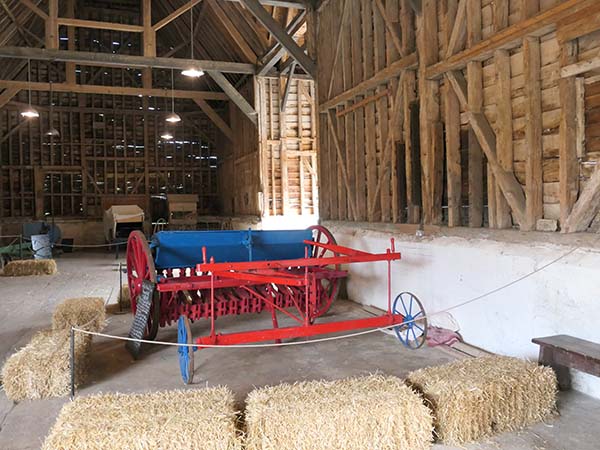
After the farm visit, we waled around the perimeter of the parkland to look for the way in as the map was not clear. Unfortunately, the only entrance was near the house entrance, and it was sign-posted here. So, if you do want to see the folly and parkland, you will need to enter and exit that way.
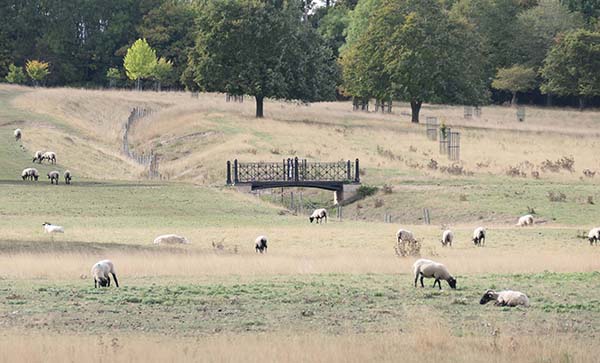
Hopefully, we can see the upper floors of the house and visit the folly next time, and we will probably visit it in a different season next time and hope for decent weather.
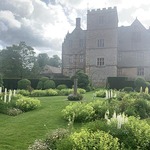
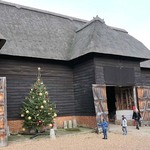
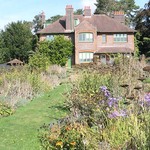
Leave a comment